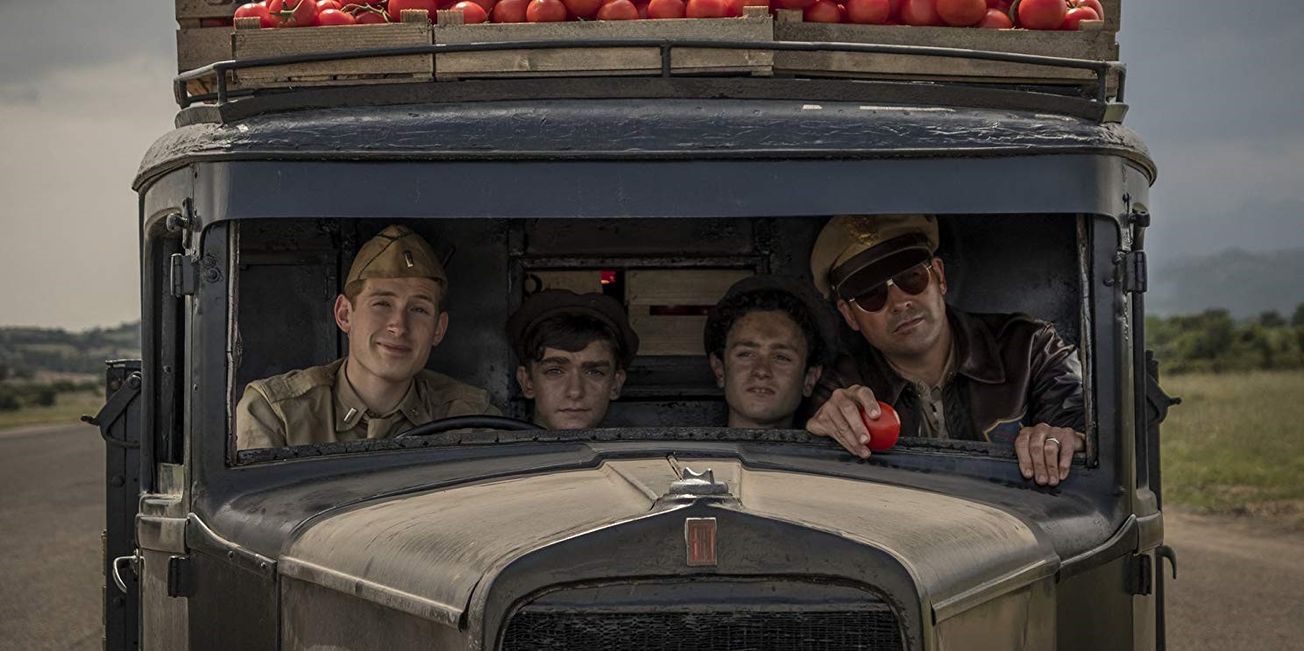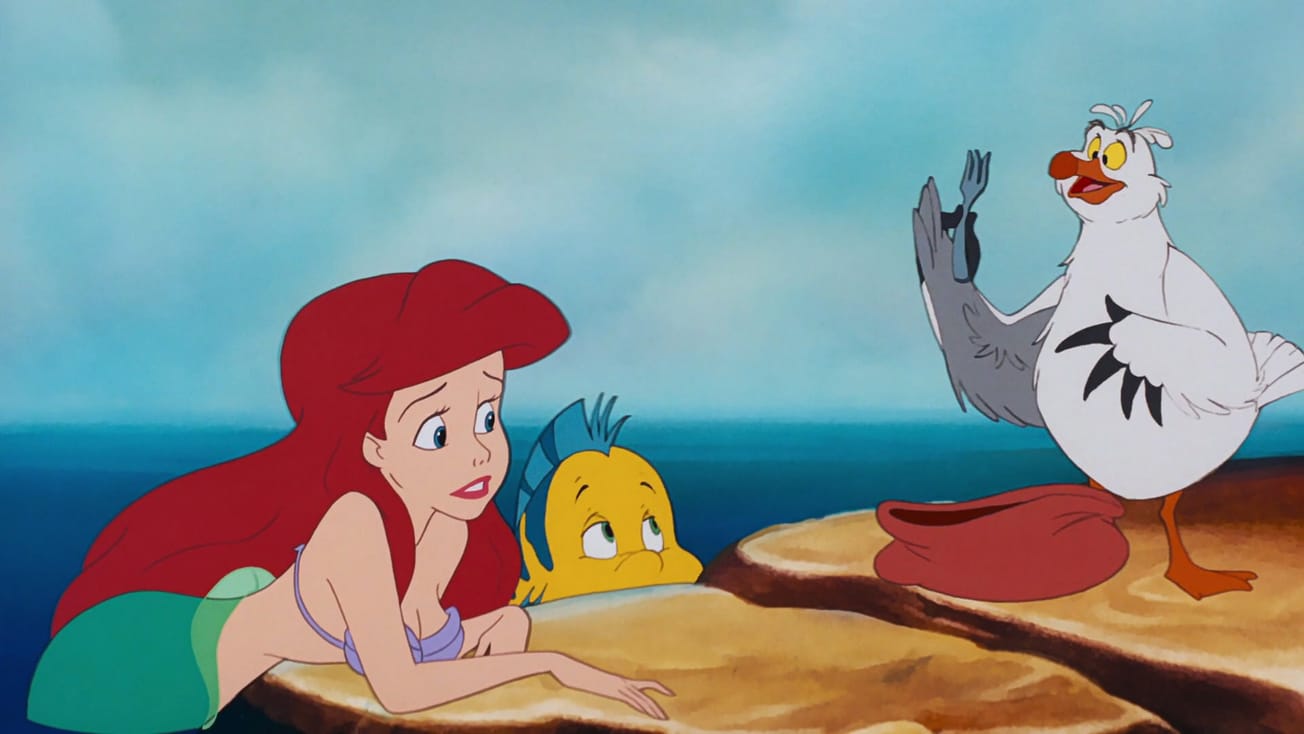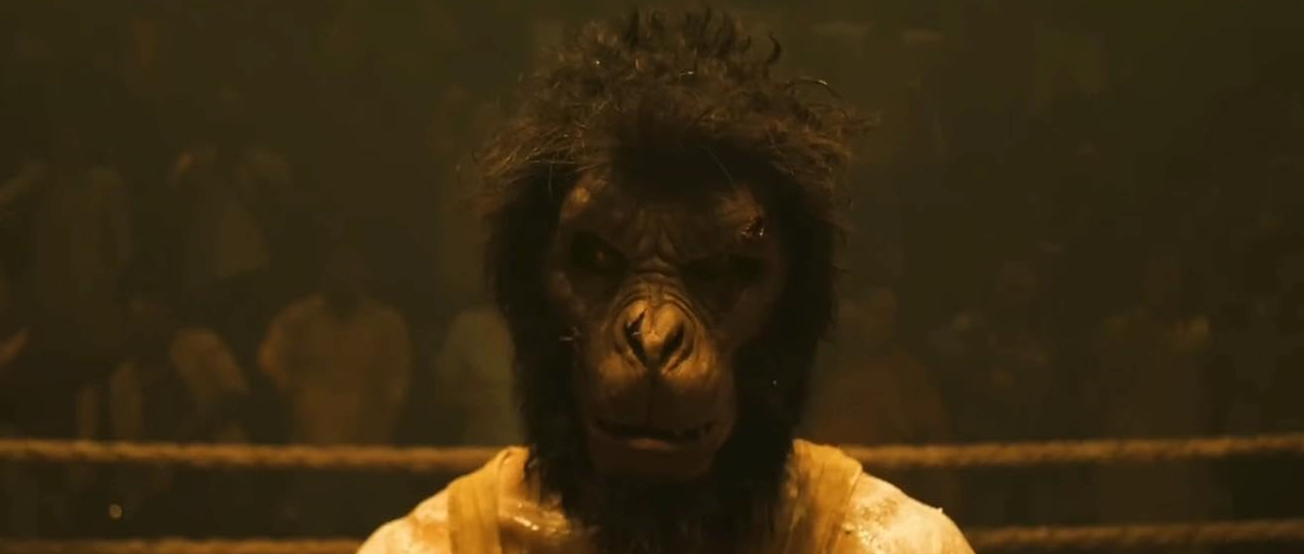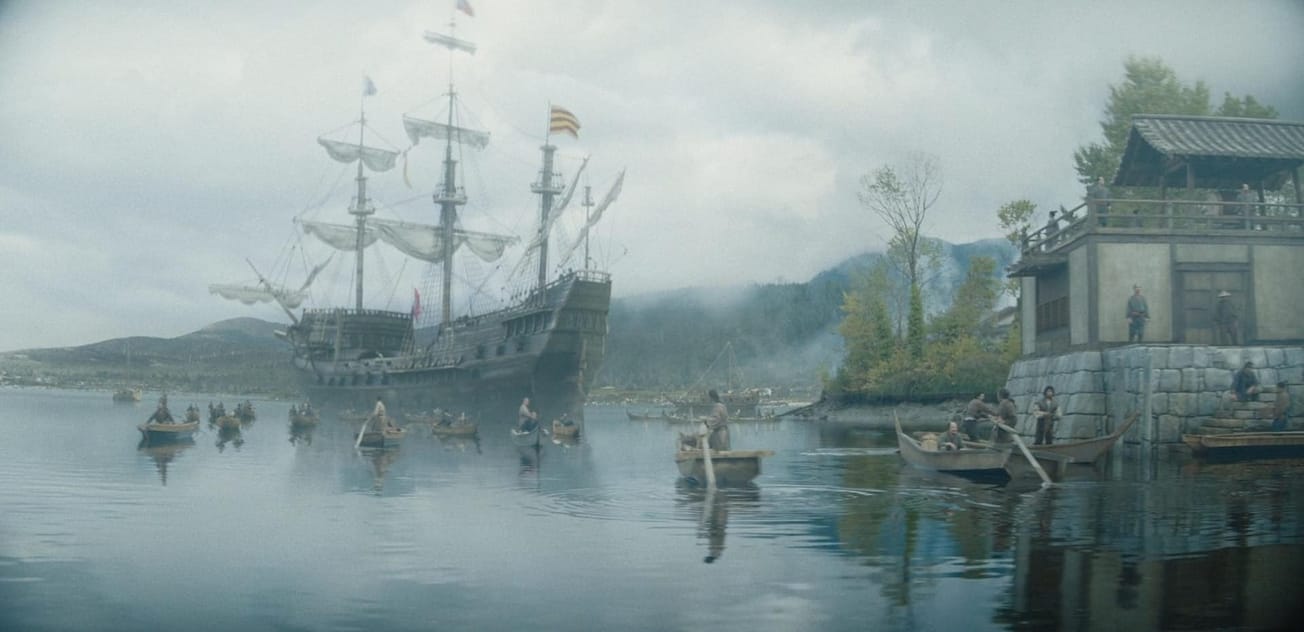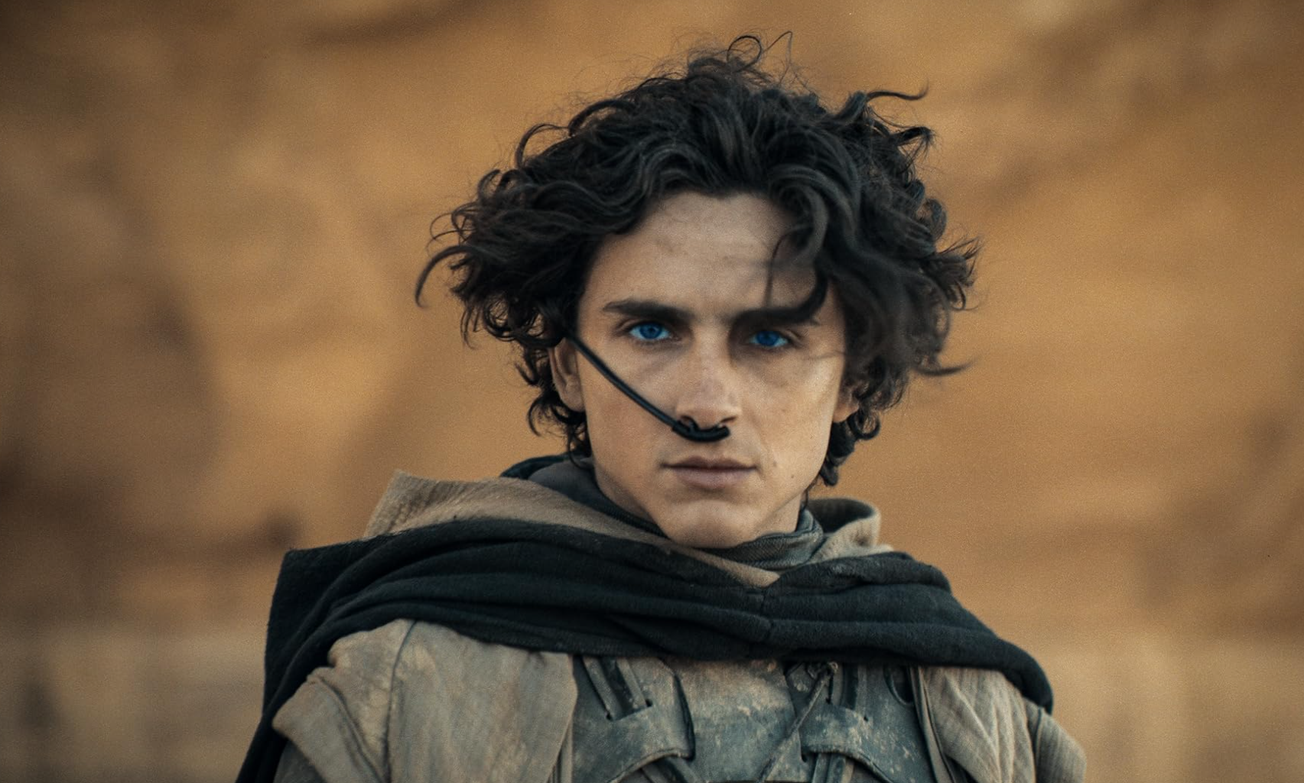By Sam Allibone, 2nd Year, English
Are some books unfilmable? Is the plot of Ulysses or Gravity’s Rainbow just too complicated for the big screen? Or can ambitious people pull off the seemingly impossible and adapt the novels that ‘shouldn’t’ be adapted.
For fifty years, Joseph Heller’s Catch-22 (1961) was held up as a classic example of a novel that was ‘unfilmable’. While efforts had been made to challenge this status, the results were less than pretty and, if anything, they solidified most people’s belief that Catch-22 was in fact unfilmable.
This all changed this year, when Hulu released their six-part attempt at the seemingly impossible. The series wasn’t ground-breaking or revolutionary, and it certainly doesn’t reach the heights of the book itself; however, the show was a success. The show received positive reviews and was popular with viewers, all whilst remaining faithful to the book.
I'm still hopeful about HBO's #HisDarkMaterials...but there's always a weird janky quality to film adaptations of great fantasy books. They mostly seem flatter and sillier than they did on the page. Still, the show is not unintelligent in its approach to the source.
— Dan Chaon (@Danchaon) November 9, 2019
This is not the first time a seemingly ‘unfilmable’ novel has been adapted and received critical acclaim. Books such as Cloud Atlas (2004) and Lolita (1955) were seen as works that should never be adapted for various reasons yet managed to successfully make the transition to the big screen.
Lolita is especially interesting for the reasons why it was deemed ‘unfilmable’. Vladimir Nabokov’s tale of Humbert Humbert, a man in his thirties who falls in love and begins a sexual relationship with a twelve-year-old girl is graphic and disturbing to say the least. This story seems to be one specifically designed to not be made into a film: not only for the disturbing acts committed by Humbert but the ingenious structure of the novel in which Humbert presents himself as a sympathetic person, and the reader slowly begins to realise that he is anything but. Despite this, Lolita (1962) became a film less than ten years after the publication of the book.

The film industry’s determination to adapt the seemingly unadaptable is something that is difficult to assess. On the one hand, it seems like something that should be applauded; many of these novels require incredibly imaginative and creative screenwriting and directing in order for them to transfer to film well.
On the other hand, it is hard not to take the cynical view that this is an industry so bereft of original ideas that they would rather butcher a ground-breaking work of literature than write something themselves. This is, after all, an industry that has produced ten Fast and Furious films in the last eighteen years. Even books which could fairly easily adapted are being defiled; does anybody remember Jonathon Swift’s ground-breaking satire Gulliver’s Travels (1726) being adapted into a rom-com starring Jack Black?
Finnegan's Wake is a book that is clearly not just impossible for film-makers to approach but readers as well
When looking at novels widely considered to be unadaptable, it becomes clear that literature allows a sense of complexity that films do not. Novels such as Ulysses (1922), Gravity’s Rainbow (1973), and Infinite Jest (1996) are formidable challenges for any reader, not merely due to their page count reaching four digits, in Infinite Jest’s case with over one hundred pages of footnotes, but due to their complex, dense, and chaotic structure.
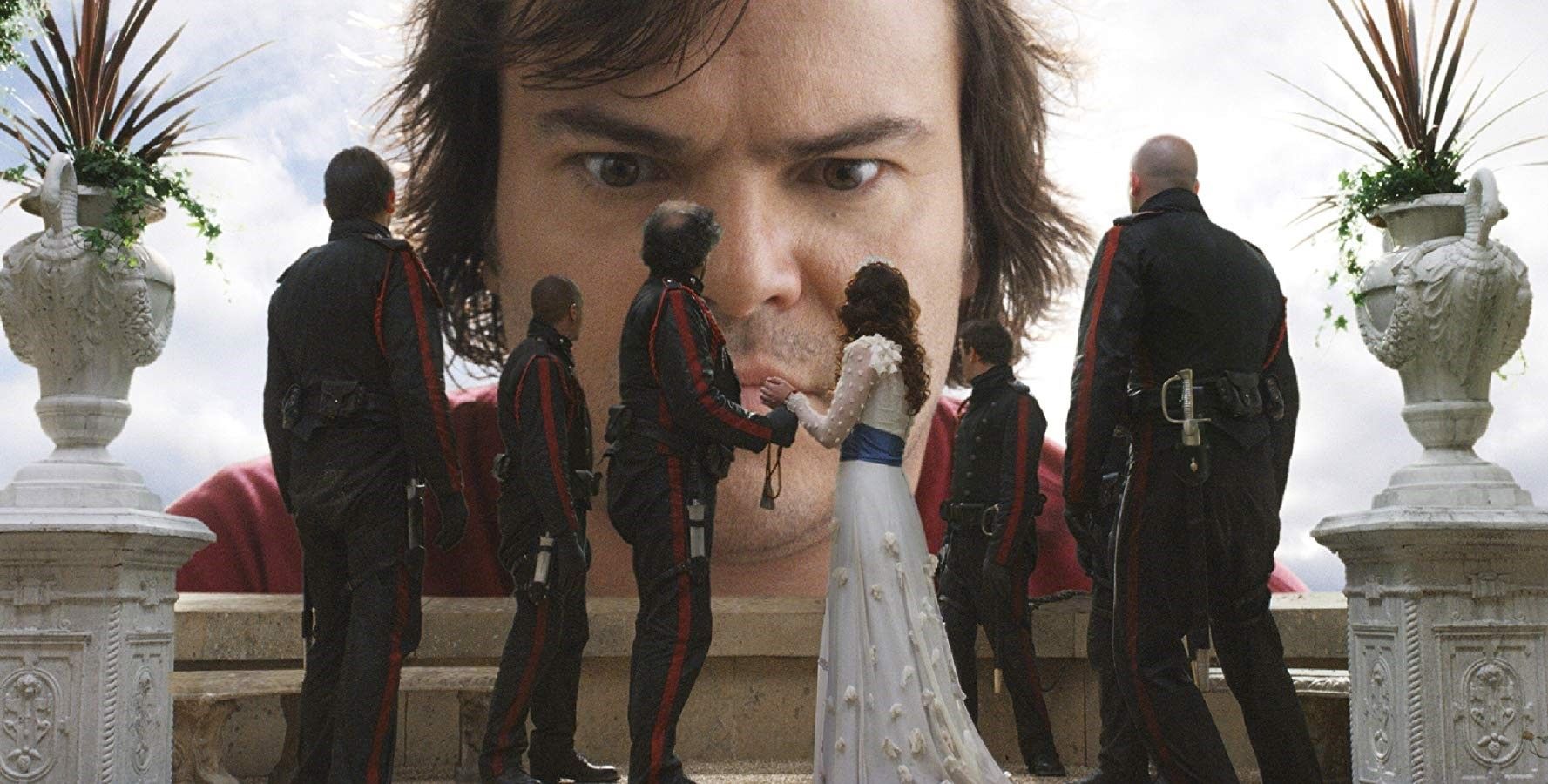
Gravity’s Rainbow may provide the most difficult challenge of the three, with a not inconsiderable amount of the novel made up of hallucinations, dream sequences, and an interlude about the biography and political protests of Byron the Lightbulb, no that is not just a nickname. It speaks volumes that one of the most filmable scenes in the novel is one that involves coprophagia; needless to say, eating faeces is not something most movie-goers want to watch.
When looking at novels widely considered to be unadaptable, it becomes clear that literature allows a sense of complexity that films do not
While Pynchon’s novel is clearly not going to become a film any time soon, it at least possesses something integral to cinema: a semi coherent plot. Finnegan’s Wake, on the other hand, still divides opinion as to who the characters are and what the plot is almost one hundred years after it was published. James Joyce’s final work is supposedly the inner workings of the subconscious mind; a non-linear and frustratingly confusing dream sequence.
If this doesn’t sound like fun to you, then rest assured you are not alone: upon its release many of Joyce’s strongest supporters claimed that he had gone insane. This is a book that is clearly not just impossible for film-makers to approach but readers as well.
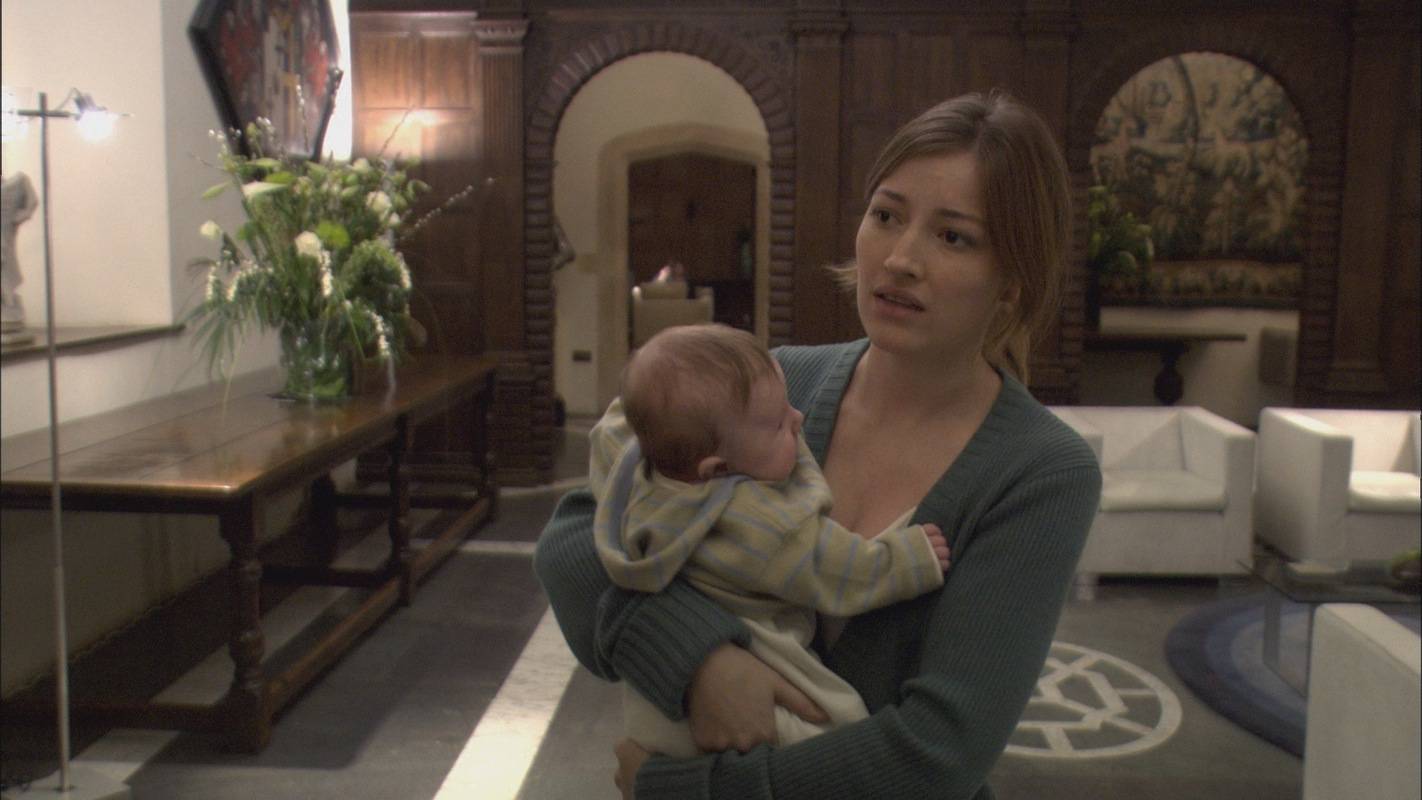
It is exceedingly rare that a novel can be almost entirely unfilmable, yet as a result become an excellent film, but the adaptation of Laurence Sterne’s Tristram Shandy, A Cock and Bull Story (2005), does exactly that. For those not in the know, the novel is an attempt by the character Tristram Shandy to tell the story of his own life, yet fails as he constantly procrastinates and tells very little about his actual life.
The film adaptation, starring Steve Coogan and Rob Brydon playing themselves, focuses on a group of actors trying to make a film out of Sterne’s novel yet constantly failing in the exact same way as Shandy. If anything, this film may be proof that no novel is truly unfilmable if it is attempted by someone ambitious, ingenious, and possibly crazy enough.
Tristram Shandy became a film precisely because it was so unfilmable. Maybe one day somebody will try so hard to make Finnegan’s Wake a film that they finally discover what Joyce was actually talking about.
Featured: IMDb / Philipe Antonello
Do you agree that ‘literature allows a sense of complexity that films do not’?

